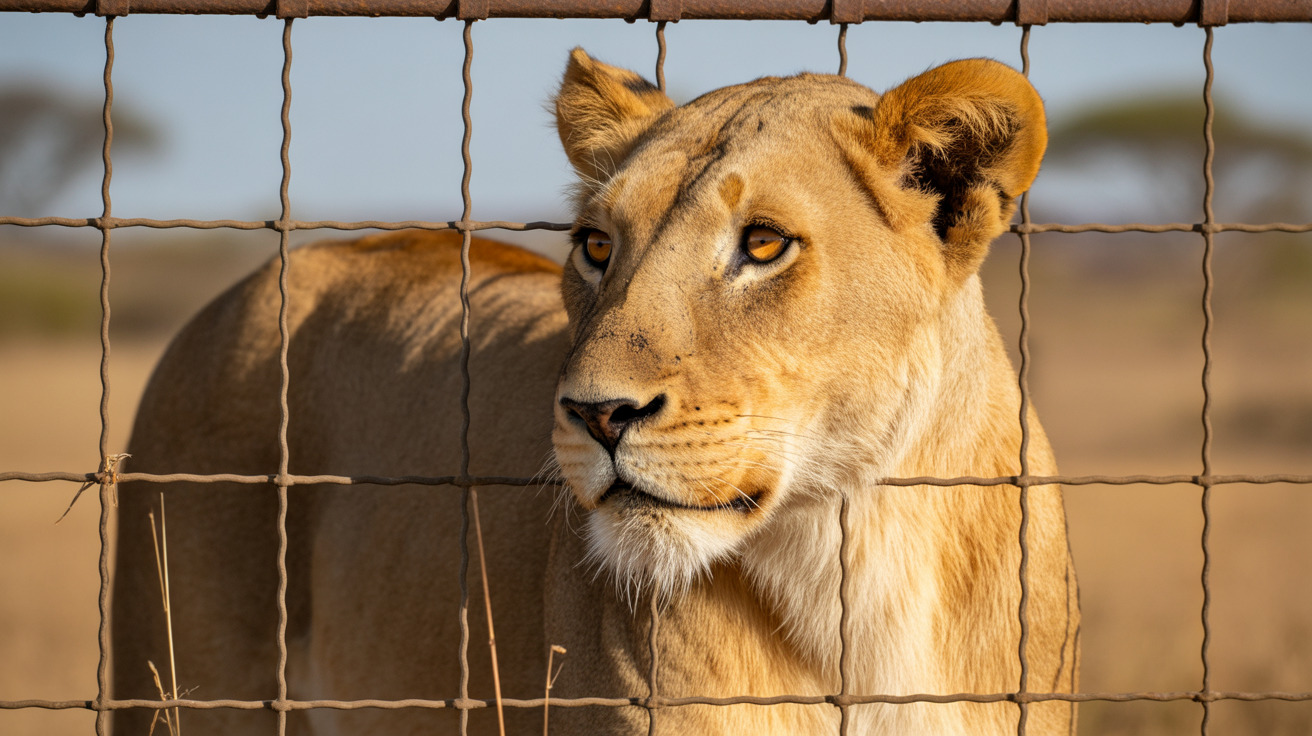The Rising Trend of Exotic Pets in Thailand
The surge in exotic pet ownership across Thailand has become increasingly problematic, with a startling 1,300% rise in private lion ownership. This troubling trend puts both humans and animals at significant risk, while also contributing to concerns about illegal wildlife trafficking and animal welfare.
Impact of Social Media on Wild Animal Pet Ownership
Social media platforms have played a significant role in normalizing exotic pet ownership. Influencers and viral content often present a misleading picture of life with wild animals, glossing over the severe risks and ethical concerns involved. This digital glamorization has contributed to dangerous misconceptions about keeping predators as pets.
Wildlife Protection and Legal Framework
Thailand's Wildlife Conservation and Protection Act provides clear guidelines about the ownership of wild animals, including lions. However, enforcement challenges and gaps in regulation have allowed some individuals to circumvent these important protective measures.
Conservation and Animal Welfare Concerns
When wild animals like lions are kept in captivity as pets, they often face significant welfare challenges:
- Limited space to express natural behaviors
- Inappropriate diet and care
- Psychological stress from confinement
- Lack of proper veterinary attention
- Risk of developing aggressive behaviors
Public Safety and Tourism Considerations
The incident underscores the importance of promoting responsible wildlife tourism alternatives. Instead of private ownership or petting zoos, experts recommend supporting initiatives that allow people to observe animals in their natural habitats or in properly accredited sanctuaries.
Best Practices for Wildlife Protection
Conservation experts emphasize the need for:
- Stronger enforcement of existing wildlife protection laws
- Better regulation of private wildlife ownership
- Support for legitimate conservation programs
- Public education about wildlife protection
- Responsible wildlife tourism options
Frequently Asked Questions
Why is keeping lions as private pets dangerous for people and animals?
Lions are apex predators with natural instincts that cannot be suppressed, posing serious risks of attacks and injuries to humans. Captivity also causes stress, aggression, and poor welfare for the animals.
What legal consequences can owners face for illegally keeping wild animals like lions in Thailand?
Owners violating Thailand's Wildlife Conservation and Protection Act may face up to six months imprisonment, fines around 50,000 baht (~£1,148), or both, especially if animals escape or are neglected.
What are the recommended alternatives to private ownership of wild animals for tourism and conservation?
Experts and animal welfare groups advocate for wildlife-friendly tourism that observes animals in their natural habitats and banning private ownership, with stricter regulations focused on conservation and humane treatment.
Conclusion
The recent lion attack in Thailand serves as a crucial wake-up call about the dangers of keeping wild animals as pets. As awareness grows about these risks, it's essential for both authorities and the public to support stronger protections for wildlife and embrace more ethical ways to appreciate these magnificent creatures in their natural environments.
The incident reinforces the importance of treating wild animals with respect and understanding that they cannot be safely domesticated. Moving forward, focusing on conservation and proper wildlife protection measures will be crucial for ensuring both human safety and animal welfare.






